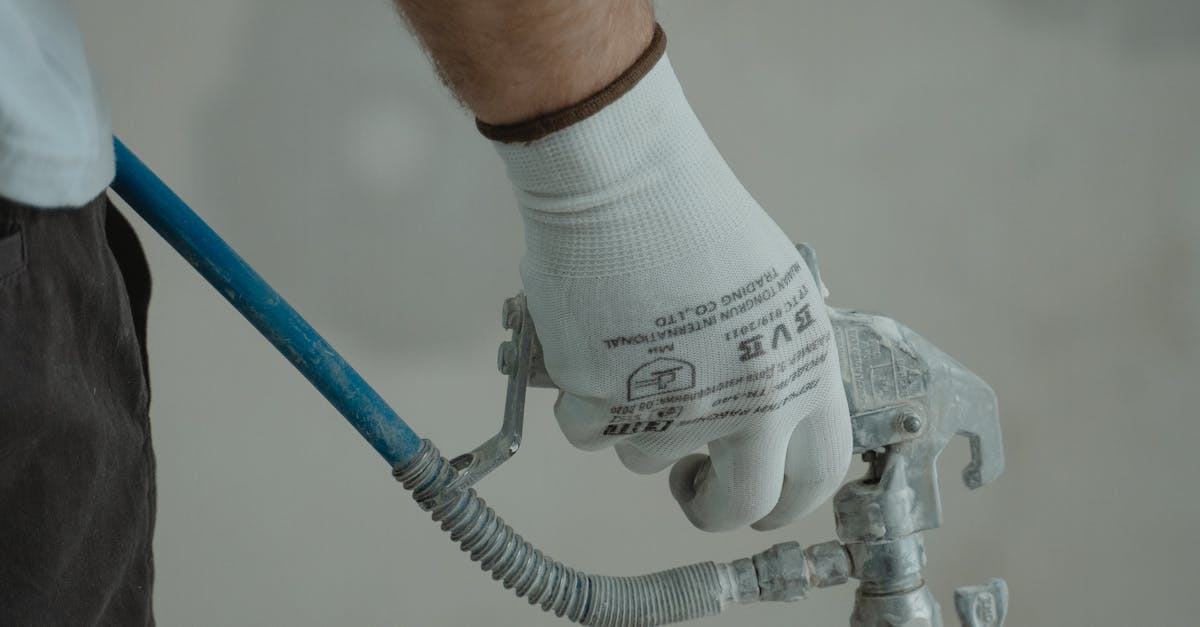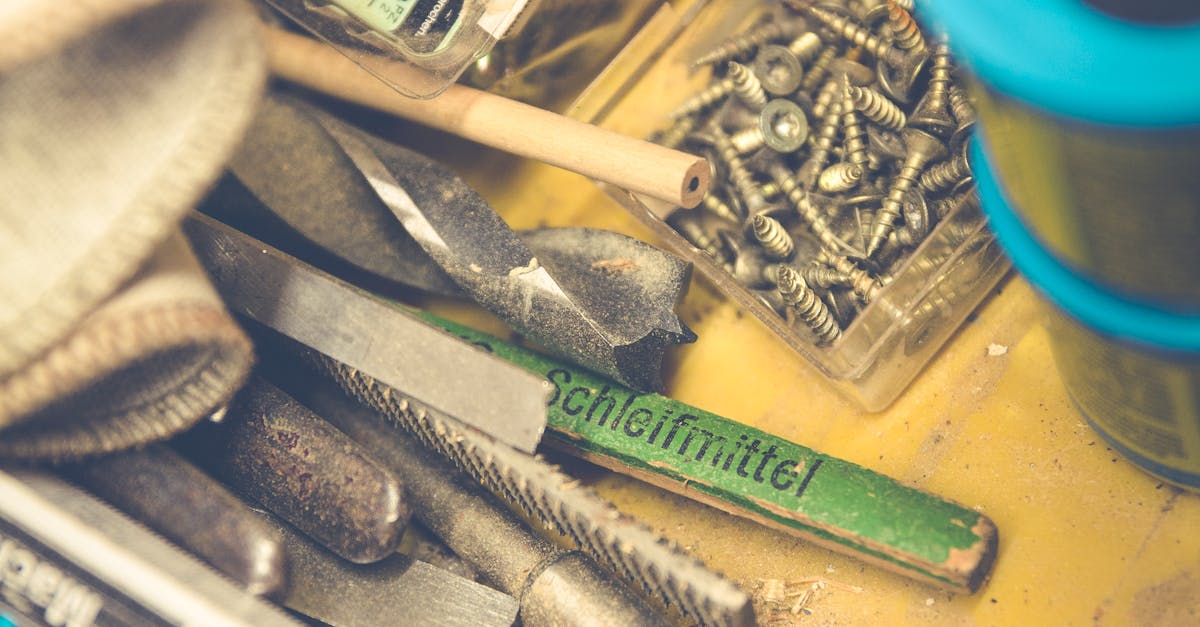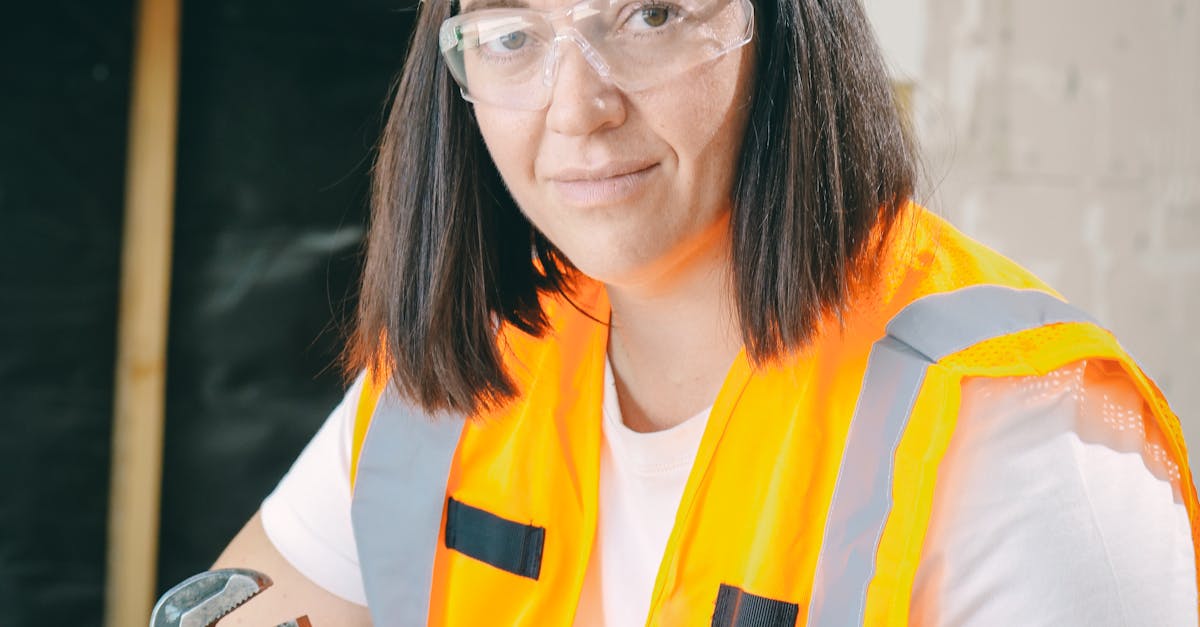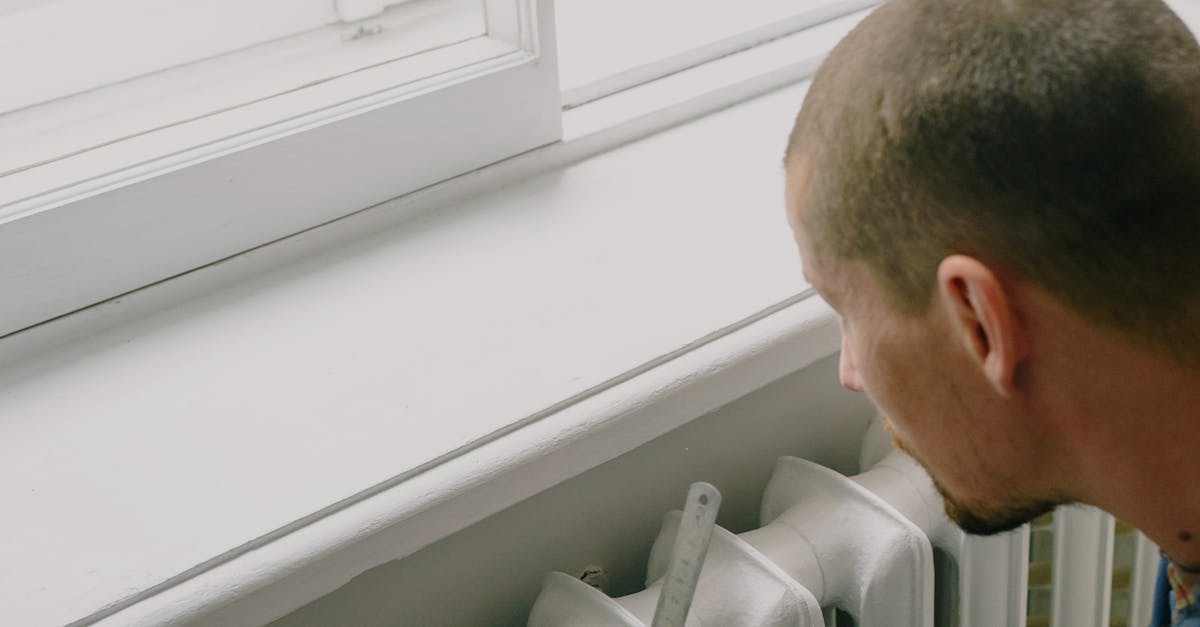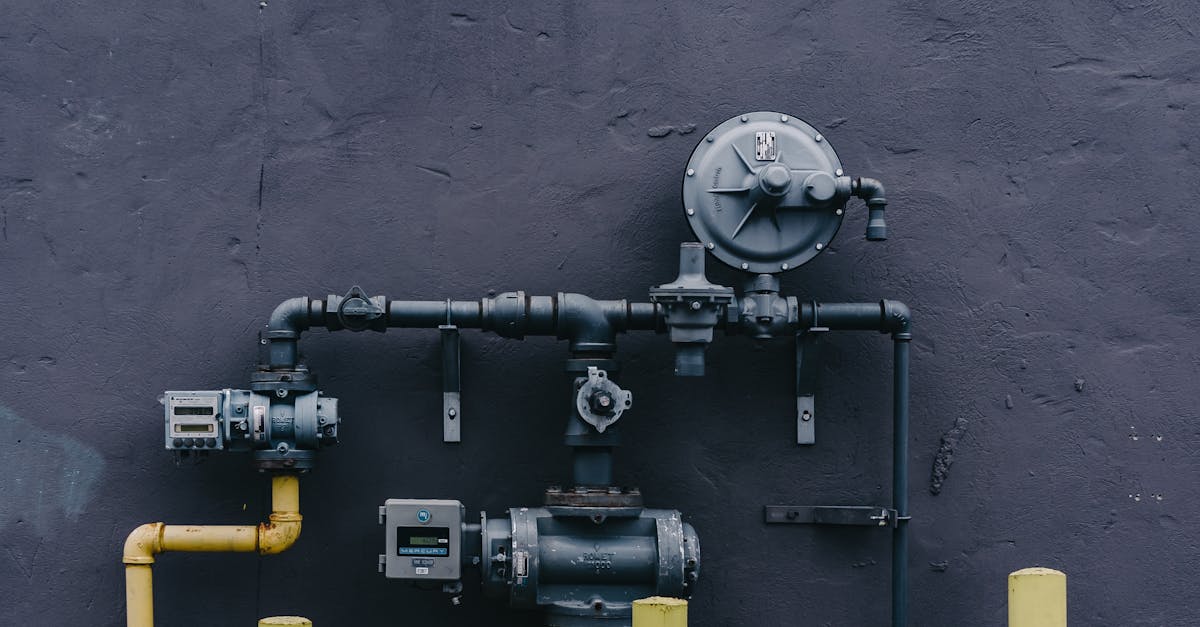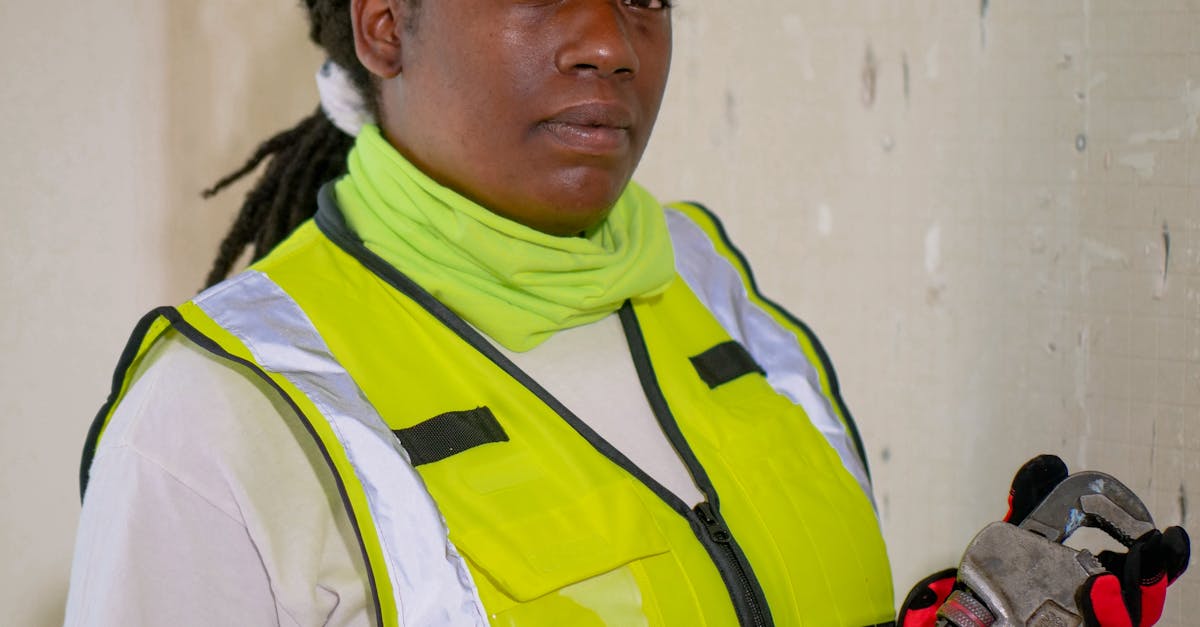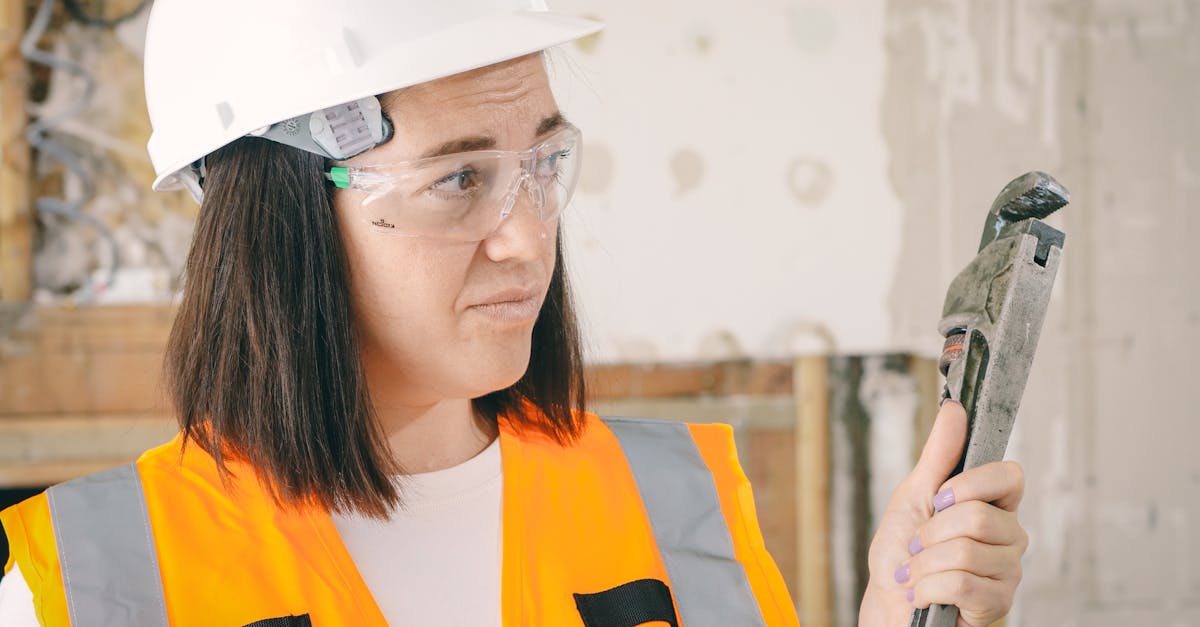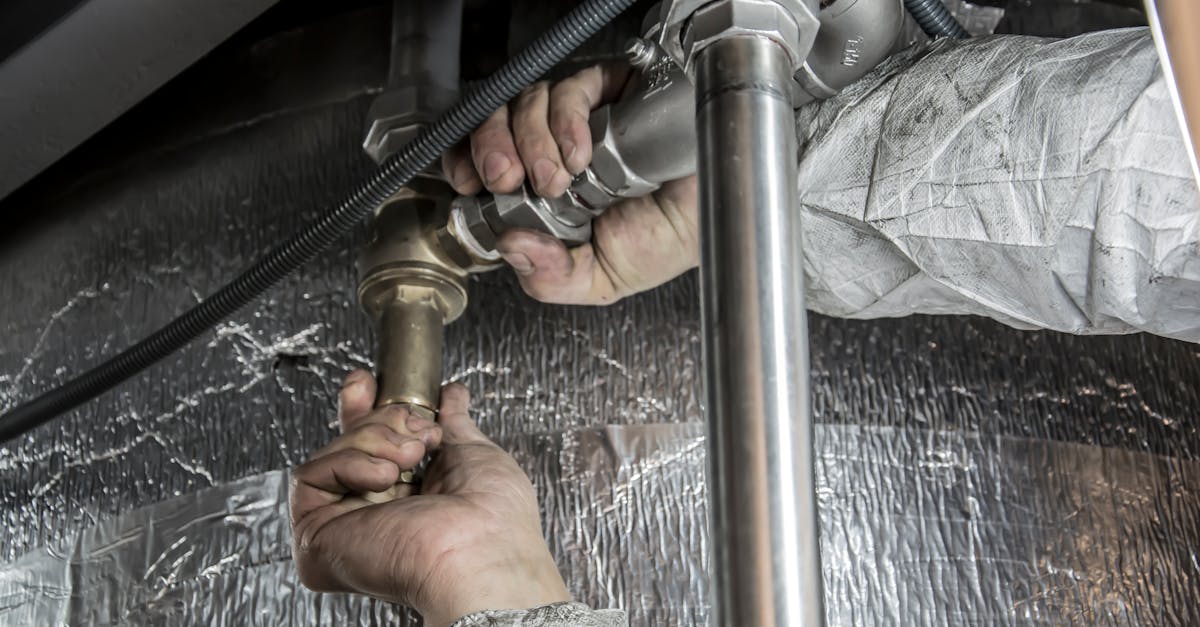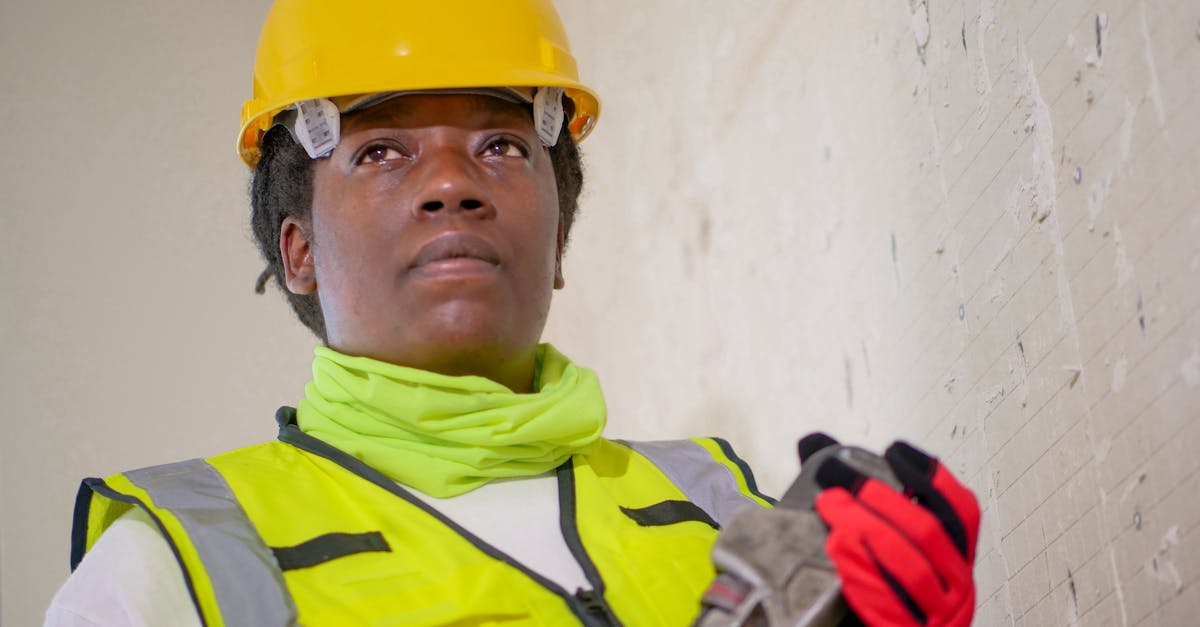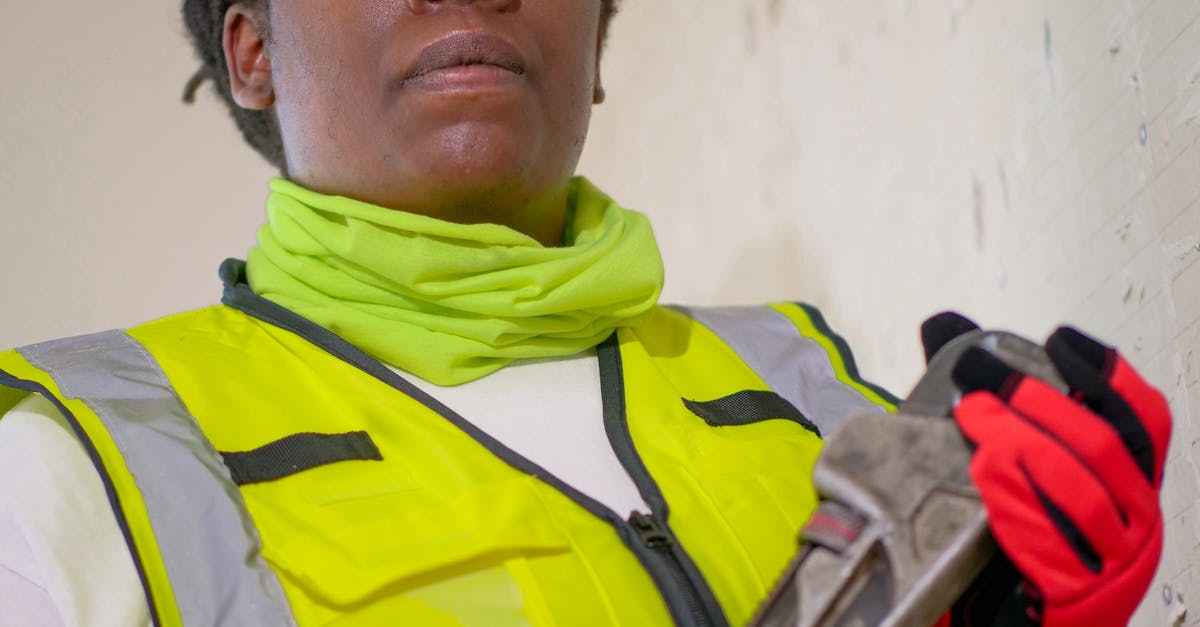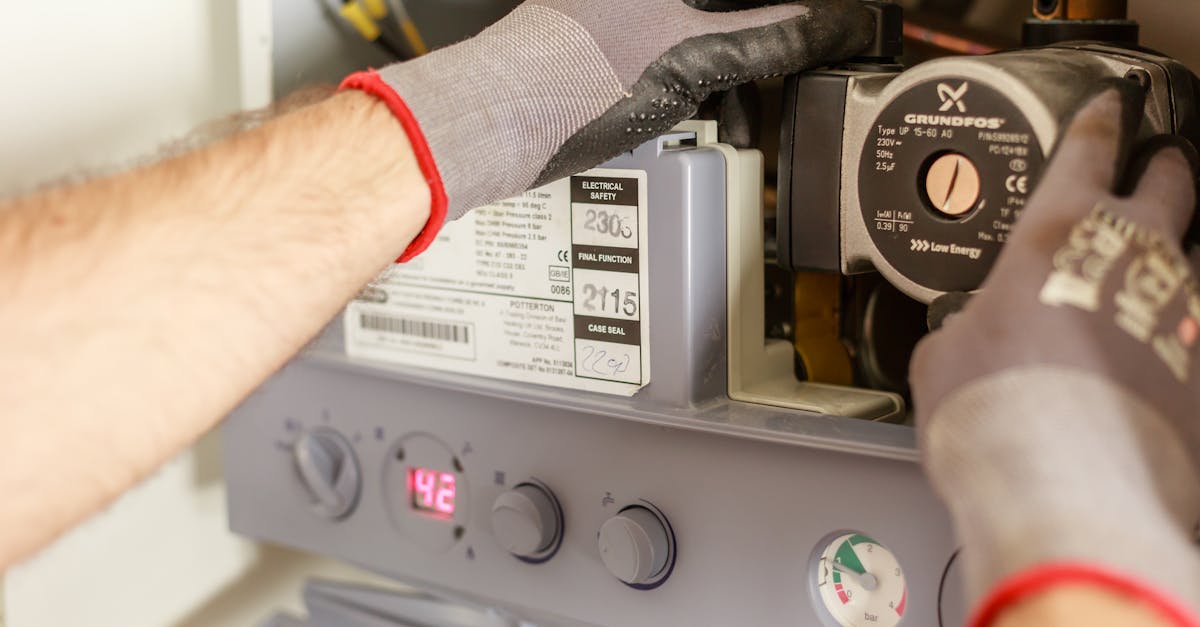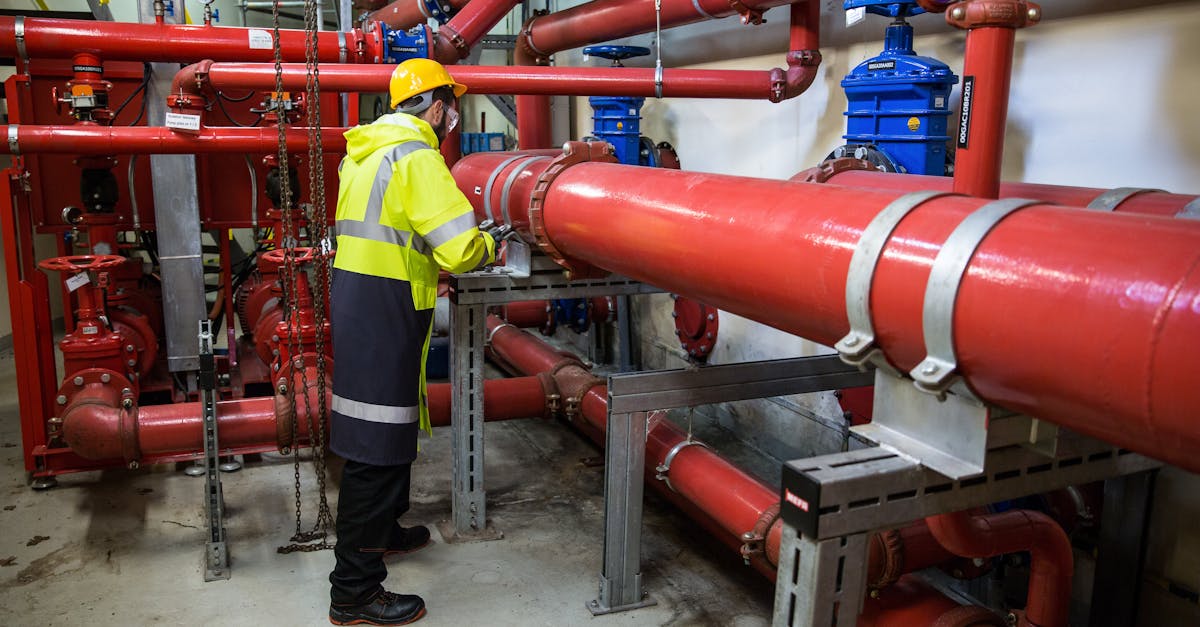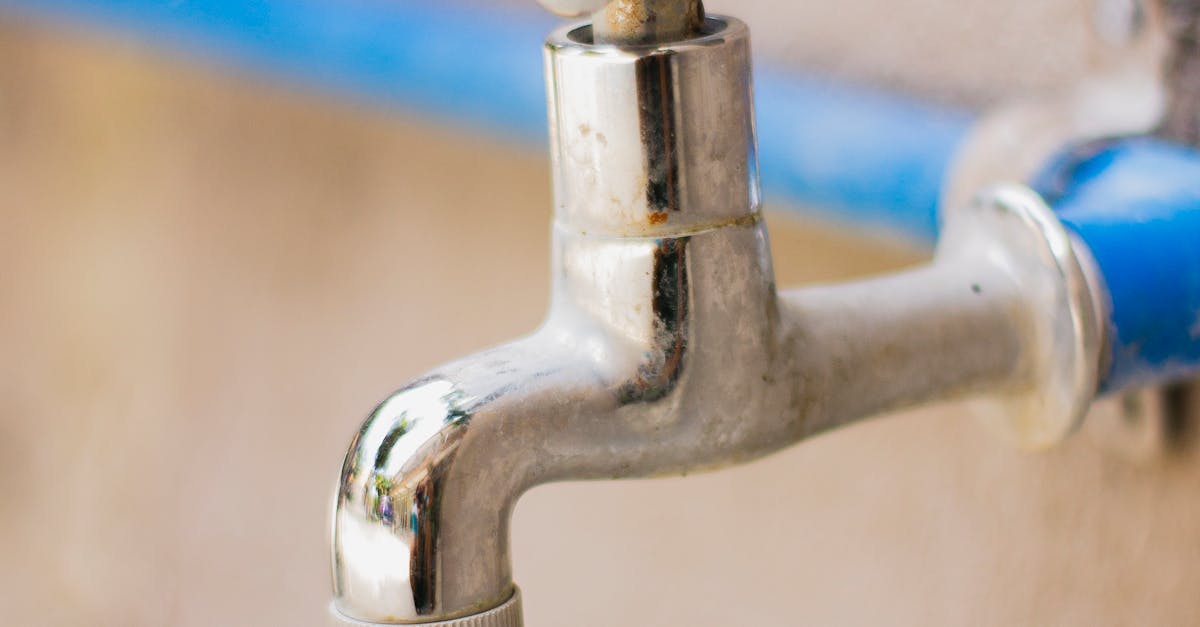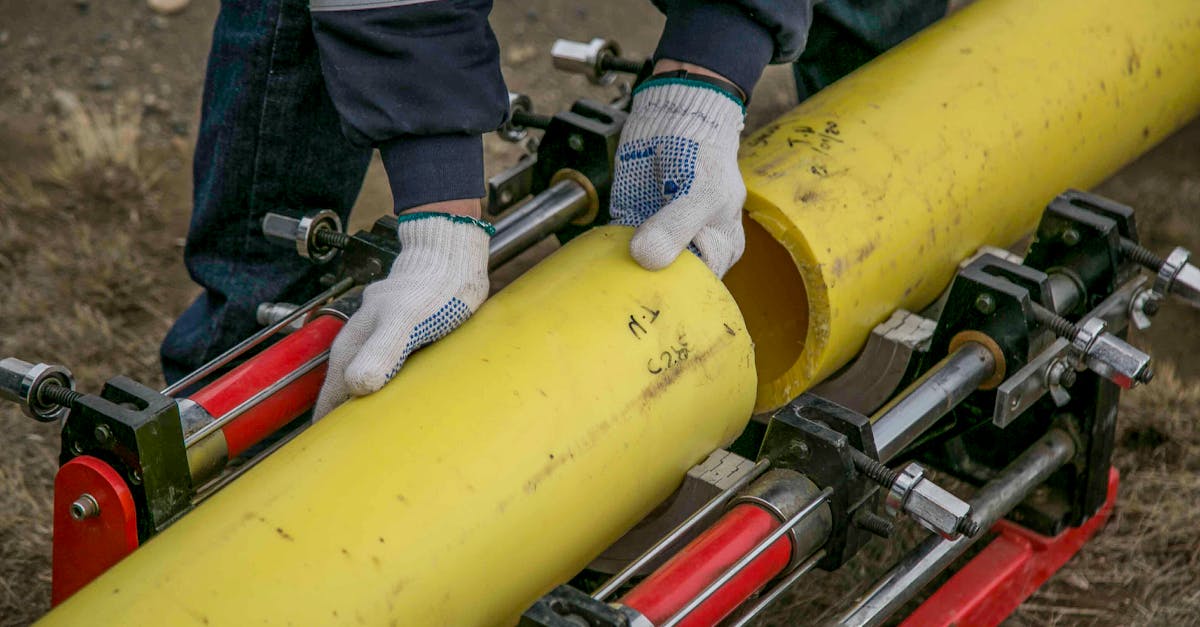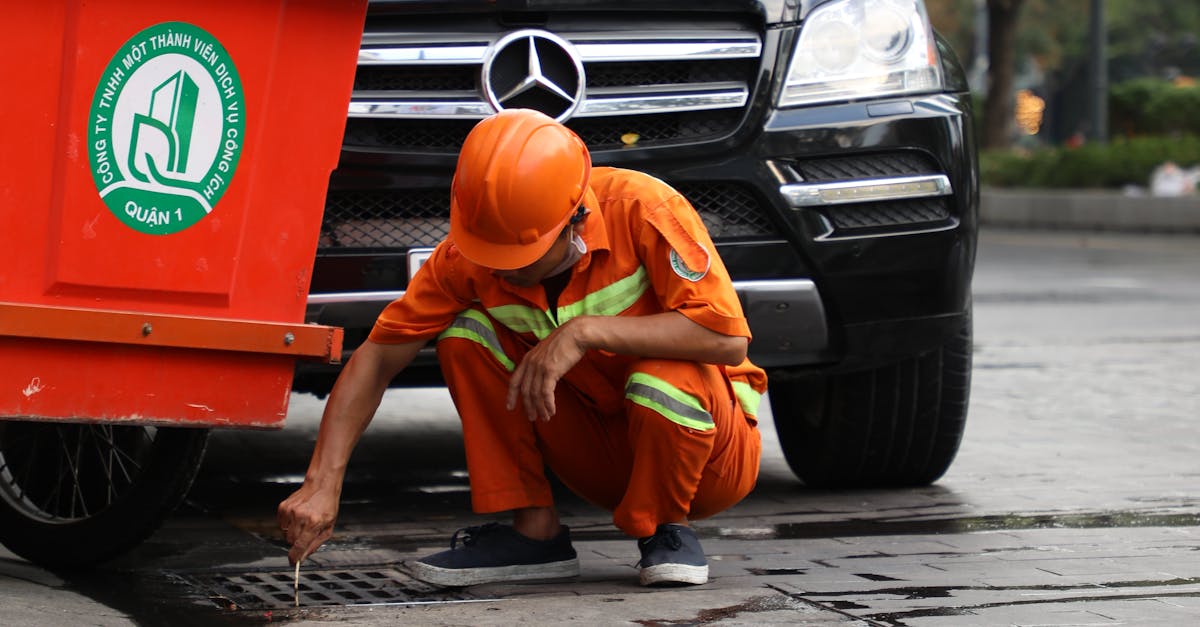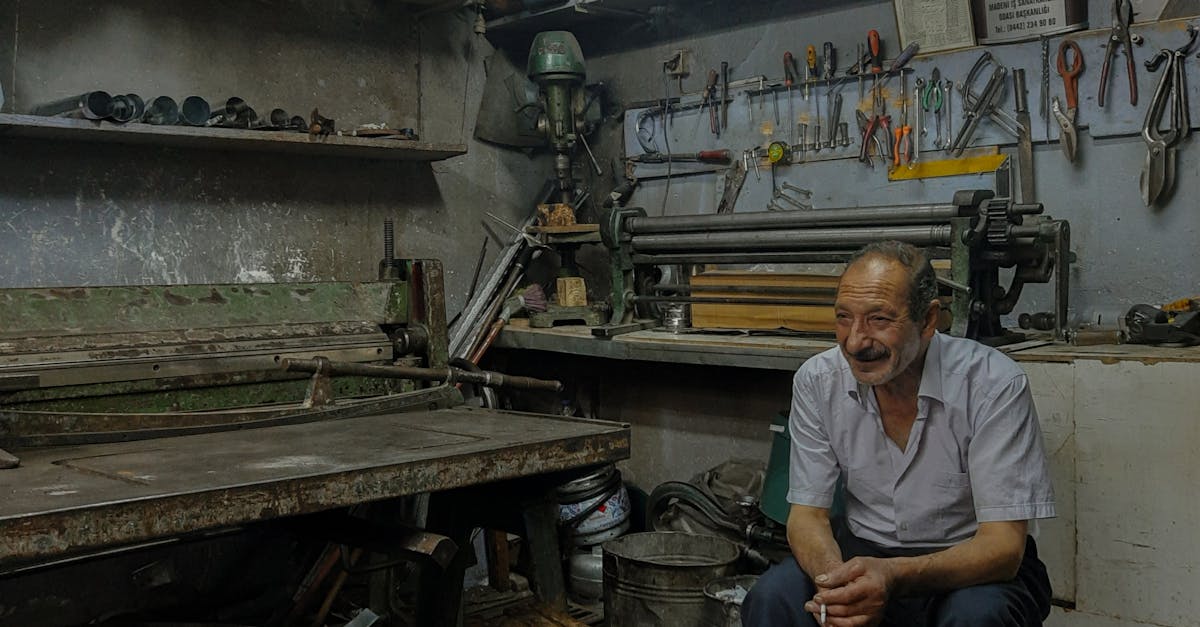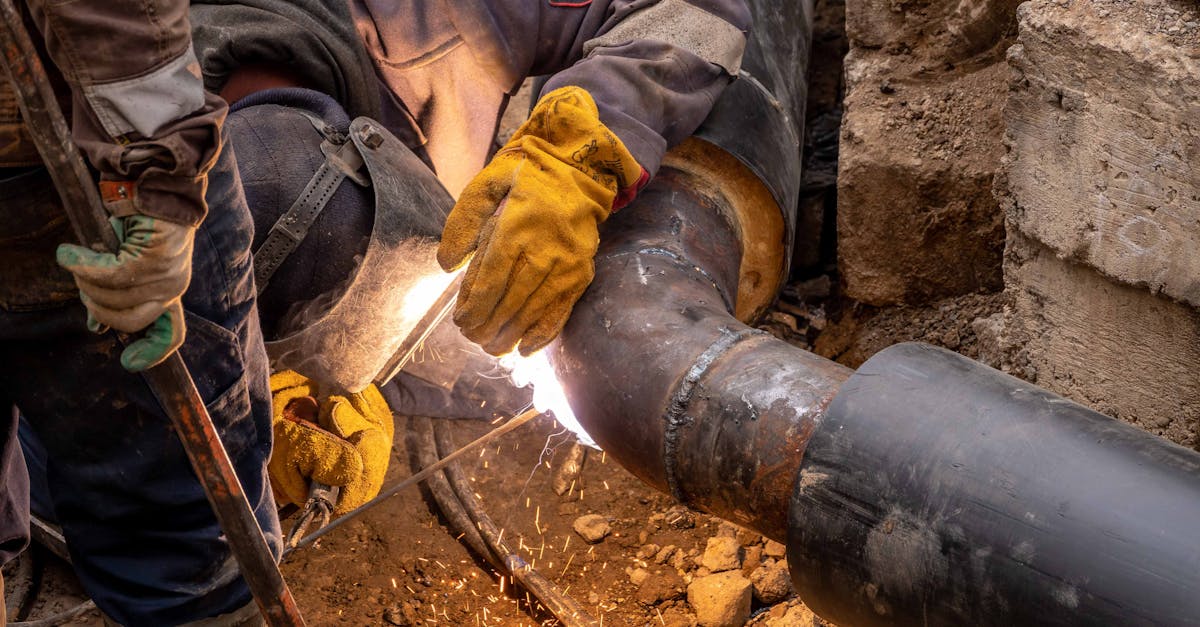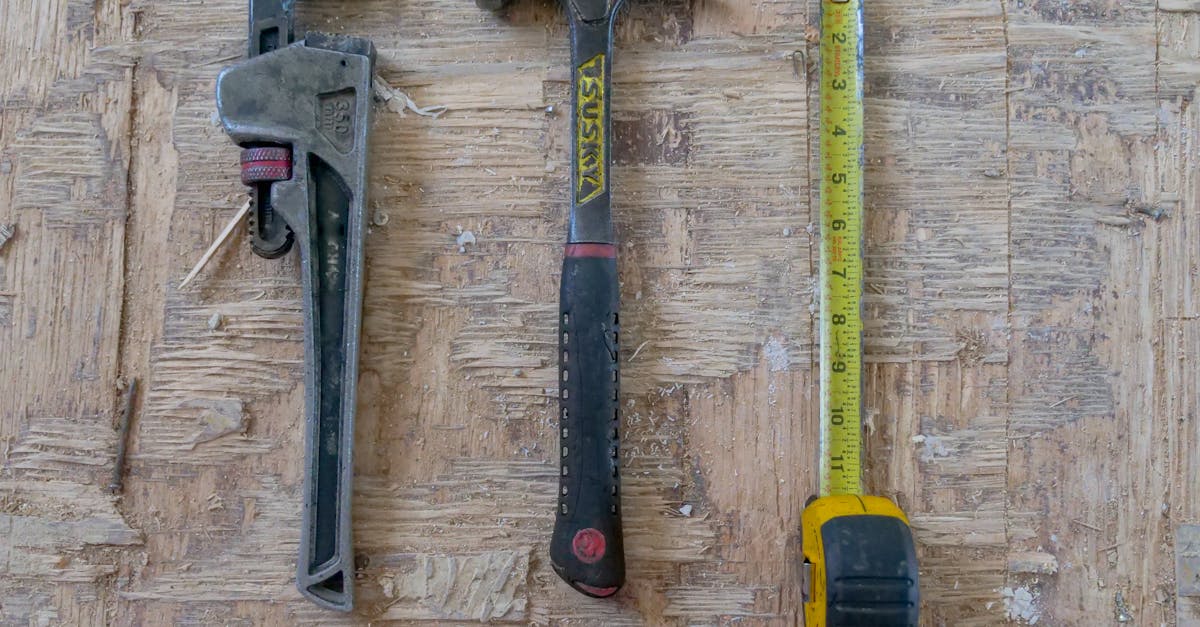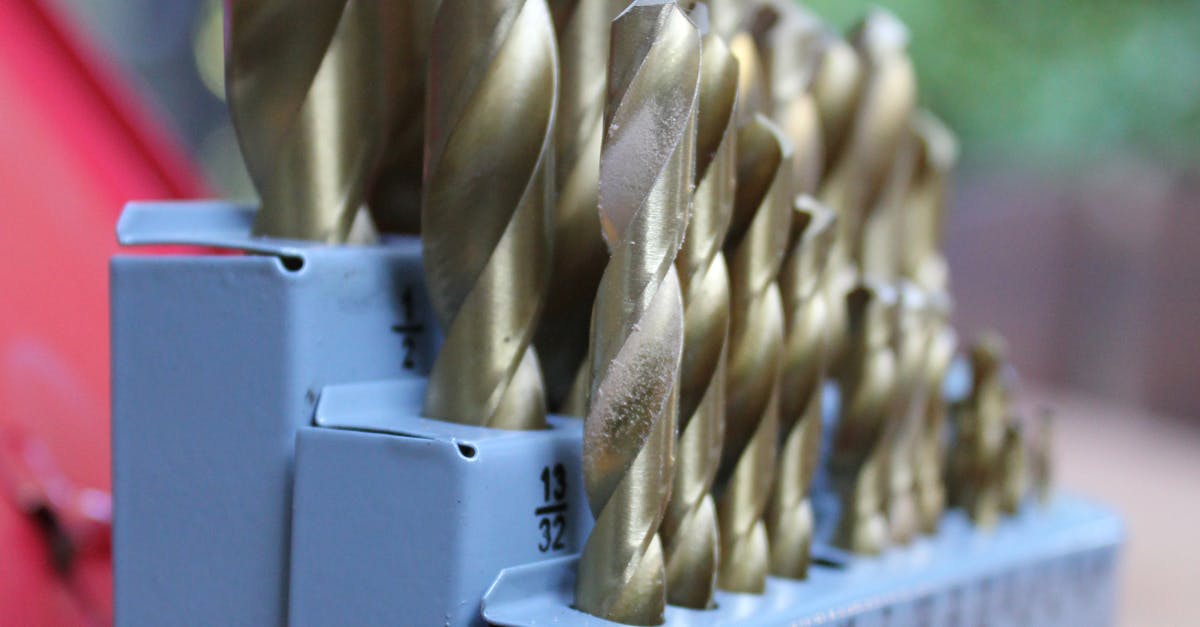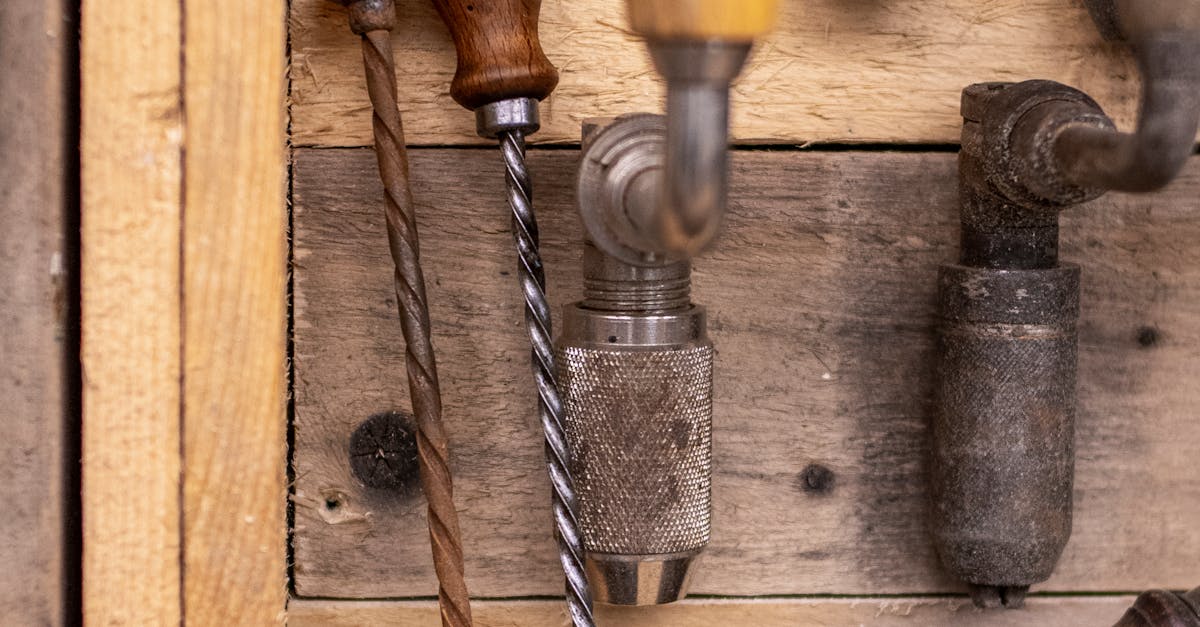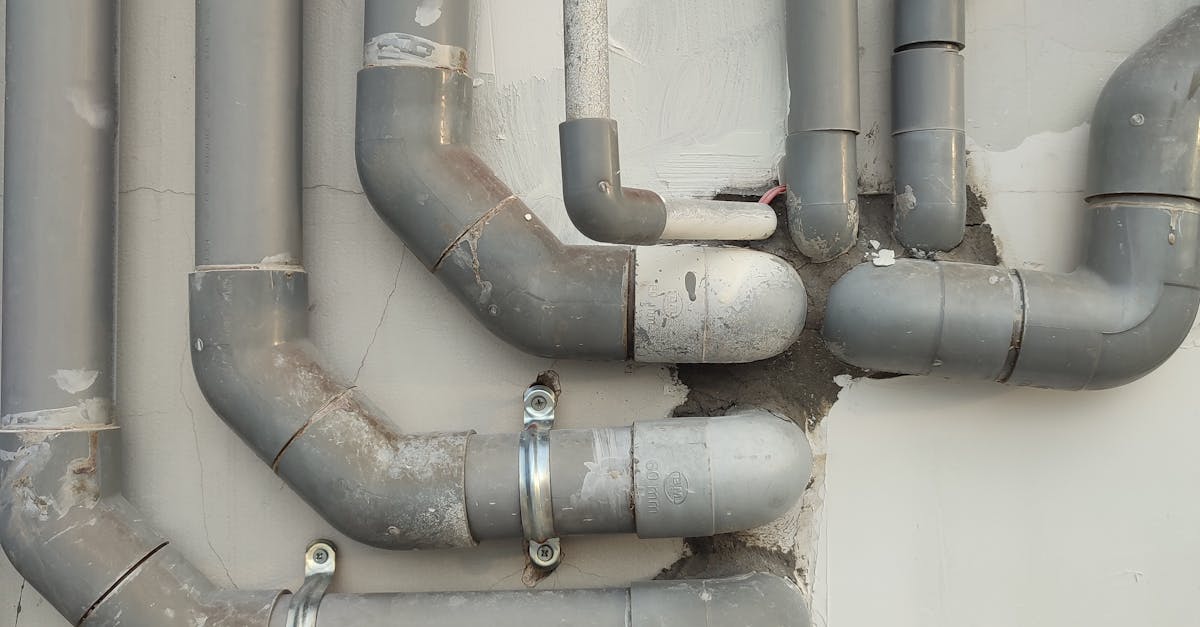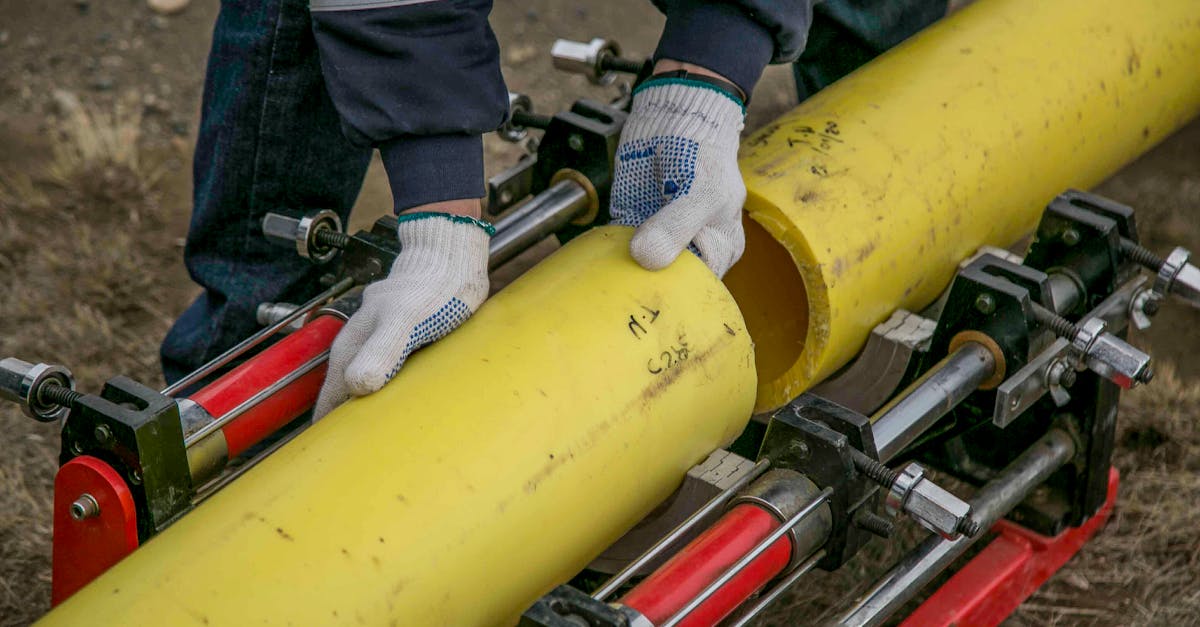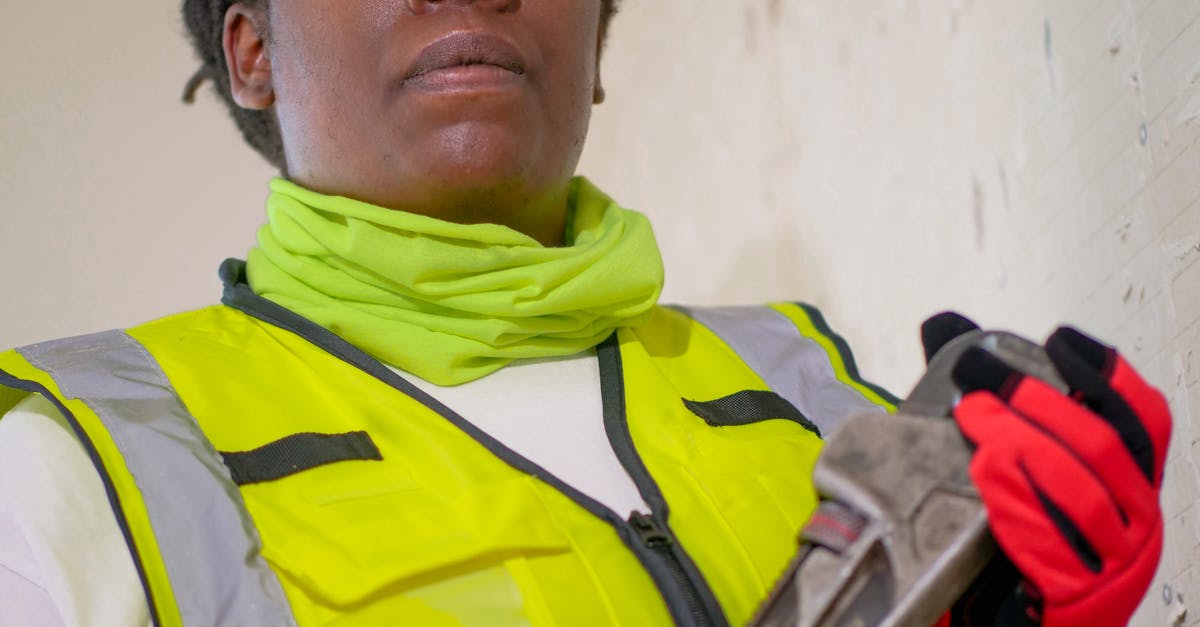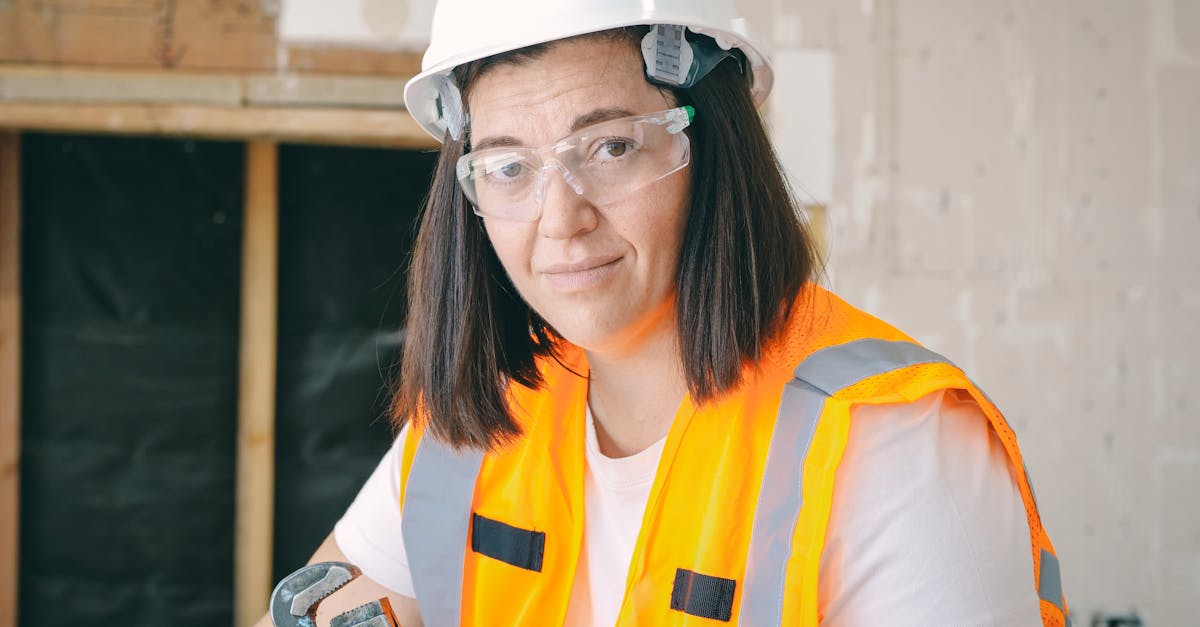
Table Of Contents
Age of Your Water Heater
The age of your water heater plays a crucial role in determining the condition of its components, including the valves. Most water heaters last about 8 to 12 years depending on the model and maintenance. A unit that is nearing or has surpassed this lifespan may present a higher risk of valve failure due to wear and tear. Regular inspections can help identify potential problems before they escalate, saving you time and money on hot water system repairs.
Older water heaters, especially those that have not undergone routine maintenance, are more susceptible to issues with their valves. A compromised valve can lead to leaks or inadequate heating performance. If you suspect that the valve is malfunctioning, consider how long the system has been in use. Understanding the age of your water heater can guide your decision on whether to proceed with repairs or consider a replacement to ensure efficient hot water service.
When to Consider Replacement
If your water heater is nearing the end of its expected lifespan, it may be more cost-effective to consider replacement rather than investing in hot water system repairs. Many water heaters have a lifespan of about 10 to 15 years. If your unit is approaching this age and exhibiting consistent issues, it could signal that major components are failing, which often leads to frequent and expensive repairs.
Additionally, consider the efficiency of your water heater. Older models tend to consume more energy, driving up utility bills. If you find yourself needing to repair the valve or other parts frequently, it might be a good time to weigh your options. Upgrading to a modern unit can provide better efficiency, saving you money in the long run and improving the reliability of your hot water system.
DIY Troubleshooting Steps
To determine whether your water heater valve is functioning properly, start with some simple visual inspections. Look for any signs of leaks around the valve itself, as well as any corrosion or rust that may indicate damage. A valve that is rusted or has noticeable drips might need immediate attention. Additionally, check the temperature and pressure relief valve; it should be easy to lift the lever, and any water should be expelled promptly. If you notice any irregularities during this inspection, it’s a clear indication that your hot water system may require repairs.
Next, test the valve's operation by turning off the water supply to the heater and opening a hot water faucet in your home. This process relieves pressure in the system. Carefully lift the lever on the valve; if water does not flow out or if it leaks excessively while the lever is lifted, the valve may be faulty. Ensure you are cautious while handling these components to avoid any injuries. If you suspect a problem but are unsure how to proceed, consider contacting a professional for hot water system repairs to ensure optimal safety and functionality.
How to Test the Valve Functionality
To test the valve functionality of your water heater, start by shutting off the power and water supply to the unit. This step ensures safety while you inspect the valve. Locate the temperature and pressure relief valve, which is typically found near the top of the tank. Slowly lift the lever on the valve. Watch for a stream of water to flow out, indicating that the valve is working properly. If no water flows or if you notice any leaks around the valve, these could be signs of malfunction.
Another method involves checking the pressure within the tank. You can use a pressure gauge attached to the drain valve. If the pressure readings are outside the normal range, it could indicate an issue with the valve or the entire hot water system. Keep in mind that faulty valves can lead to significant problems if not addressed promptly. For more serious issues, seeking professional help for hot water system repairs can provide you with the right solutions and peace of mind.
Professional Assessment
If you're uncertain about the condition of your water heater valve, seeking a professional assessment is a prudent choice. A trained technician can conduct a thorough evaluation of your hot water system, identifying any issues that may not be apparent during casual inspection. Professional experts possess the necessary tools and knowledge to diagnose the problem accurately, ensuring that all aspects of the system are functioning properly.
When considering Hot Water System Repairs, it's vital to communicate any symptoms you've noticed, such as leaks or inconsistent water temperature. An experienced technician can provide a comprehensive analysis and recommend appropriate solutions. Relying on professionals helps maintain safety and efficiency in your water heater, potentially extending its lifespan and improving performance.
When to Call a Water Heater Technician
If you've tried troubleshooting your water heater valve and still experience issues, it's time to contact a professional. A technician can provide a thorough assessment of your system. They have the skills to diagnose problems that may not be visible or easily detected. Relying on their expertise ensures that any underlying issues are addressed promptly and effectively.
Hot water system repairs often require specialized knowledge and tools that the average homeowner may not have. A qualified technician can not only repair or replace the valve but also check for other potential problems within the hot water system. This helps prevent future complications and extends the life of your water heater while ensuring it operates efficiently.
FAQS
What are the signs that my water heater valve might be bad?
Common signs include leaks around the valve, inconsistent water temperature, or unusual noises coming from the water heater.
How often should I check my water heater valve?
It's a good idea to inspect your water heater valve at least once a year during routine maintenance or when you're checking the overall condition of your water heater.
Can I replace the water heater valve myself?
If you have plumbing experience and feel comfortable with DIY repairs, you may be able to replace the valve yourself. However, if you're unsure, it's best to consult a professional plumber.
What could happen if I ignore a bad water heater valve?
Ignoring a bad valve can lead to more serious issues, such as water damage from leaks, decreased efficiency, or even complete water heater failure.
How can I determine the age of my water heater?
You can usually find the age of your water heater by looking at the manufacturer's sticker, which often includes a serial number. The first few digits typically indicate the manufacture date.

